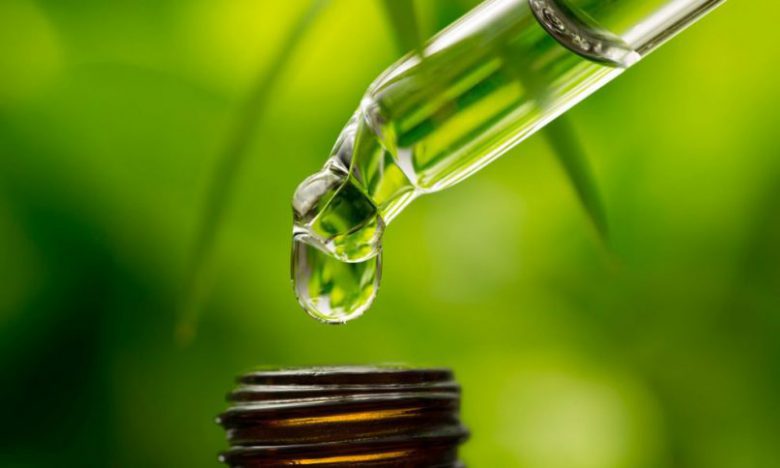CBD, or cannabidiol, is a natural compound found in the cannabis plant. Unlike THC, which is the psychoactive compound in cannabis that produces a “high,” CBD does not produce any intoxicating effects. Instead, it is believed to have numerous potential health benefits, including reducing anxiety and inflammation, improving sleep, and relieving pain.
How is CBD extracted?
CBD can be extracted from the cannabis plant in several ways, including using solvents such as ethanol or CO2, or through a process called lipid extraction. Each method has its own advantages and disadvantages. For example, CO2 extraction is considered to be the most efficient and produces the highest quality CBD extract, but it can also be expensive. On the other hand, lipid extraction is a more affordable option, but may produce lower quality extracts.
Once the CBD has been extracted, it can be used in a variety of products, including oils, capsules, topicals, and edibles. Each product has its own unique properties and benefits. For example, CBD oils are a popular choice because they are easy to use and can be taken orally or applied topically. CBD capsules are another popular option, as they are convenient and easy to dose. CBD topicals, such as creams and balms, can be applied directly to the skin for localized relief. And CBD edibles, such as gummies and chocolates, offer a tasty and discreet way to consume CBD.
What are the benefits of CBD?
While research on the potential health benefits of CBD is still ongoing, there is evidence to suggest that it may be helpful in treating a variety of conditions. For example, a study published in the Journal of Clinical Psychology found that CBD was effective in reducing anxiety in individuals with social anxiety disorder. Additionally, a study published in the European Journal of Pain found that CBD was effective in reducing pain and improving sleep in individuals with chronic pain conditions.
CBD has also been studied for its potential to help with other conditions, such as epilepsy, multiple sclerosis, and cancer. While more research is needed to fully understand the potential benefits of CBD, it is clear that it has a lot of potential.
What are the potential side effects of CBD?
While CBD is generally considered safe, it can cause side effects in some individuals. These may include nausea, fatigue, and irritability. Additionally, CBD may interact with certain medications, so it is important to talk to your doctor before using CBD if you are taking any medications.
It is also important to note that CBD products are not regulated by the FDA, which means that there is no guarantee that the product you are using contains the amount of CBD that is advertised on the label. This can make it difficult to determine the proper dose and may increase the risk of side effects.
How should I use CBD?
The best way to use CBD will depend on the individual and the specific product being used. Generally, it is recommended to start with a low dose and gradually increase as needed. CBD can be taken orally, applied topically, or inhaled using a vaporizer. It is important to follow the instructions on the product label and to talk to a healthcare professional before using CBD.
Conclusion
In conclusion, CBD is a natural compound found in the cannabis plant that has numerous potential health benefits. It can be extracted using a variety of methods and can be used in a variety of products. While research on its potential benefits is still ongoing, there is evidence to suggest that it may be helpful in treating a variety of conditions. However, it is important to talk to a healthcare professional before using CBD, as it can cause side effects and may interact with certain medications. It is also important to note that CBD products are not regulated by the FDA, which means that there is no guarantee that the product you are using
